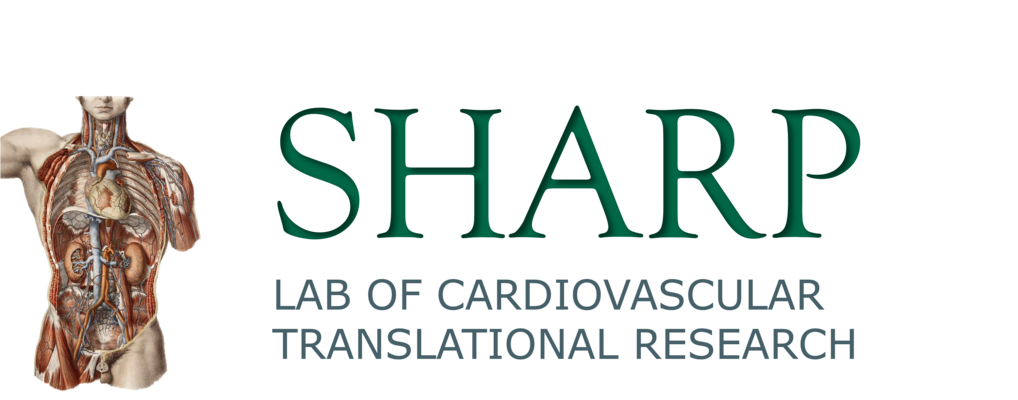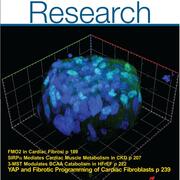Li, Z. et al. Mitochondrial H2S Regulates BCAA Catabolism in Heart Failure. Circulation Research (2022).
Abstract
Background:
Hydrogen sulfide (H2S) exerts mitochondria-specific actions that include the preservation of oxidative phosphorylation, biogenesis, and ATP synthesis, while inhibiting cell death. 3-MST (3-mercaptopyruvate sulfurtransferase) is a mitochondrial H2S-producing enzyme whose functions in the cardiovascular disease are not fully understood. In the current study, we investigated the effects of global 3-MST deficiency in the setting of pressure overload–induced heart failure.
Methods:
Human myocardial samples obtained from patients with heart failure undergoing cardiac surgeries were probed for 3-MST protein expression. 3-MST knockout mice and C57BL/6J wild-type mice were subjected to transverse aortic constriction to induce pressure overload heart failure with reduced ejection fraction. Cardiac structure and function, vascular reactivity, exercise performance, mitochondrial respiration, and ATP synthesis efficiency were assessed. In addition, untargeted metabolomics were utilized to identify key pathways altered by 3-MST deficiency.
Results:
Myocardial 3-MST was significantly reduced in patients with heart failure compared with nonfailing controls. 3-MST KO mice exhibited increased accumulation of branched-chain amino acids in the myocardium, which was associated with reduced mitochondrial respiration and ATP synthesis, exacerbated cardiac and vascular dysfunction, and worsened exercise performance following transverse aortic constriction. Restoring myocardial branched-chain amino acid catabolism with 3,6-dichlorobenzo1[b]thiophene-2-carboxylic acid (BT2) and administration of a potent H2S donor JK-1 ameliorates the detrimental effects of 3-MST deficiency in heart failure with reduced ejection fraction.
Conclusions:
Our data suggest that 3-MST derived mitochondrial H2S may play a regulatory role in branched-chain amino acid catabolism and mediate critical cardiovascular protection in heart failure.

